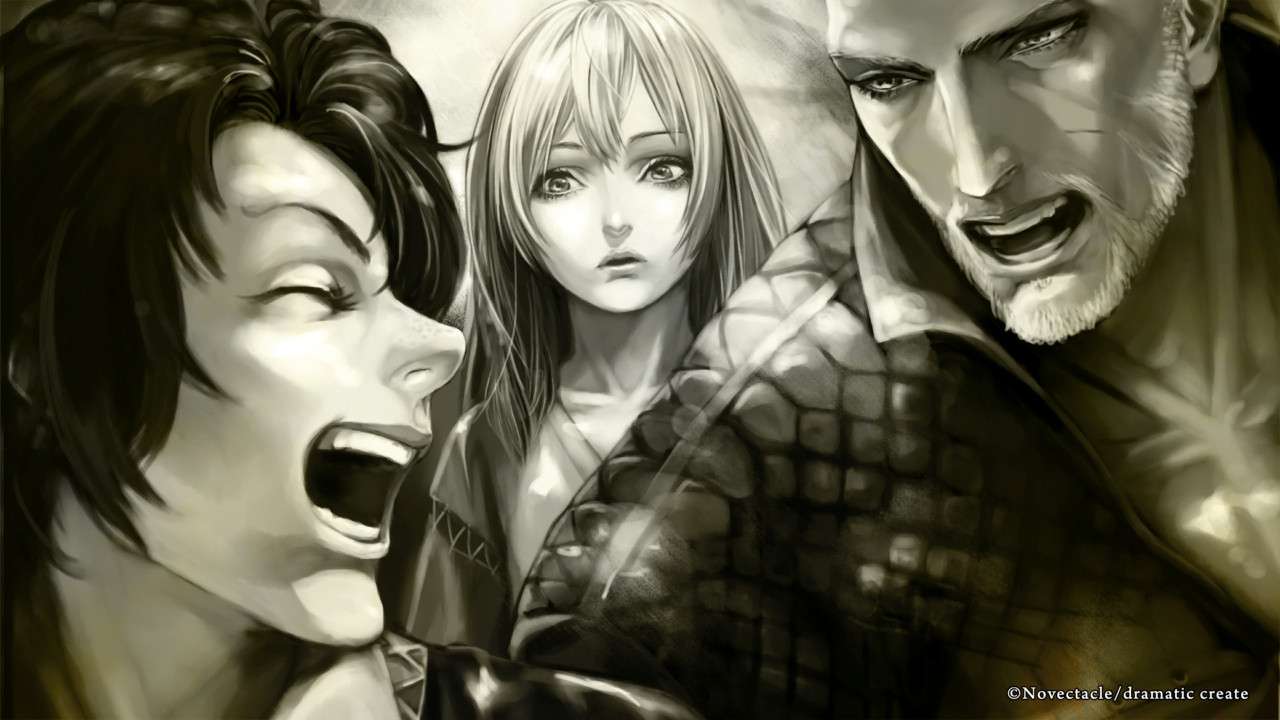Japanese Reading Report: 02 November 2025

- ファタモルガーナの館
- となりの怪物くん (第7-12話)
- 少女革命ウテナ (第1-12話)
- 「選択肢」の選択史 (1-61ページ)
ファタモルガーナの館
I finished the Morgana backstory which helped give some
context about who exactly the key characters of the first
three doors were. With that, Michel was able to reach the
top of the tower but Morgana won't hand over Giselle so
easily... she says now Michel's gotta come clean about his
true backstory. So now I'm in the Seventh Door, exploring
Michel's childhood. I imagine I'm about half way through
it since there was a little interlude where we returned
to the present, and also the story within the door had
a good ending point with Michel being sent to live at
the house. I expect now I'll learn about Michel's
relationship with Morgana and maybe some unexpected extra
bits.
There have been some really powerful emotional parts during
Michel's backstory. In particular, his relationship with his
brothers feels very well written.
となりの怪物くん
I finished this series. I don't really have much to say about it. I sort of liked the story of one of the side characters more than the main couple, but it was still just a bit meh overall. Great visuals and some funny gags, but I think it was trying too hard at something that I just didn't connect with.
少女革命ウテナ
Started watching this on a whim. The vibes of this show are fantastic.
Audio, visuals, it's a really gorgeous show. It's also quite funny.
I especially like the "pathetic" characters, like Nanami and Saionji,
and I especially loved episodes where their comedy routines were set
aside to explore their depth a little bit more. In fact, both characters'
relationship with Touga, the "leader" of the 生徒会, really elevate their
stories. I suppose it has a bit of a Berserk's Griffith thing going on,
where a candle burns brighter in a dark room.
I honestly didn't care
much about Utena and Himemiya's relationship for most of what I watched,
but the last few episodes where Touga's scheme came to fruition and he
won Himemiya off Utena did a really good job of selling the pair. This
one might be a 9 or 10.
「選択肢」の選択史
This is a non-fiction book by 下倉バイオ (Shimokura Vio), a scenario
writer for Visual Novels (VNs) and other media in Japan. Shimokura goes over a handful of
games they worked on to demonstrate different approaches to making
VNs.
So far I've read a chapter about a game called 月光のカルネヴァーレ and nearly
finished the chapter on on a game called スマガ (Star Mine Girl). Vio uses the
challenges of each game to demonstrate different VN principles.
In one case he explains how there's a tension in VN writing between
making the outcomes satisfy character closure and narrative closure.
In 月光のカルネヴァーレ they resolved this by creating two equally valid
endings to each main route — one good and one "bitter" — so that they
weren't forced to "choose" just one, and to theoretically satisfy
every player.
スマガ is a time-loop story, and that opens a lot of creative space for
VNs, since their gameplay sort of takes place within player-experienced
time loops. By making the character also experience a time loop the writer
can bring player and character into sync a little bit, but giving the
character "memories" of future events can create new problems that they
solved with some writing tricks and good timing.